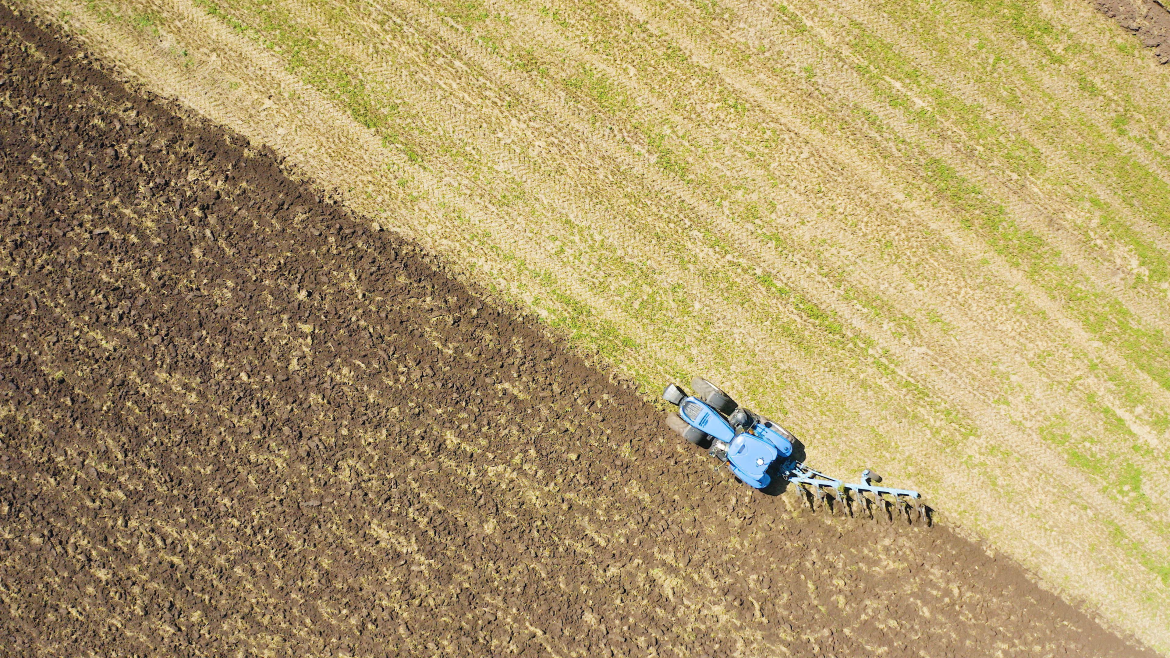In the evolving landscape of agriculture, we at CHCNAV understand the importance of precision farming technology. This innovative approach is not just a trend; it is a vital tool for modern farmers seeking to enhance their productivity and sustainability. By leveraging cutting-edge solutions, we can improve planting, irrigation, and harvesting practices, ultimately benefiting both farmers and the environment.
Understanding Precision Farming Technology
Precision farming technology refers to the utilization of advanced tools and data analytics to optimize agricultural practices. This approach allows farmers to gather precise information about their fields, including soil health, moisture levels, and crop status. By employing technologies such as GPS, sensors, and drones, we can monitor and manage agricultural inputs more effectively.
The essence of this technology lies in its ability to provide detailed insights. This means that decisions can be made based on accurate data rather than estimates. For instance, knowing the specific nutrient needs of a crop at different growth stages can guide fertilizer application, reducing waste and enhancing crop yield.
Enhancing Planting Methods
One of the primary benefits of precision farming technology is the enhancement of planting methods. By utilizing GPS-guided equipment, we can ensure that seeds are planted at optimal depths and spacing. This precision not only improves germination rates but also leads to healthier plants.
Furthermore, technology enables us to analyze soil conditions before planting. By understanding variations within a field, we can select the best planting strategies for different soil types. This targeted approach allows for more efficient use of resources and maximizes the potential of each crop.
Optimizing Irrigation Practices
Water management is critical in agriculture, and precision farming technology plays a significant role in optimizing irrigation practices. Traditional irrigation methods often lead to over- or under-watering, which can harm crops and waste valuable resources. With the integration of soil moisture sensors and weather data, we can determine the exact watering needs of crops in real-time.
This technology allows us to implement smart irrigation systems that adjust water delivery based on current conditions. By doing so, we not only conserve water but also improve crop health and yield. This is particularly crucial in regions where water scarcity is an issue.
Streamlining Harvesting Operations
As the growing season comes to an end, effective harvesting becomes essential. Precision farming technology aids in streamlining harvesting operations by utilizing data analytics and GPS. By mapping out fields and understanding crop maturity levels, we can plan harvesting schedules more efficiently.
Additionally, technology can help us monitor yield data throughout the harvesting process. This information is invaluable for understanding which areas of the field performed well and which did not. By analyzing this data, we can make informed decisions for future planting and resource allocation.
Conclusion
In summary, precision farming technology is a crucial component of modern agriculture that we at CHCNAV are proud to support. Through enhanced planting methods, optimized irrigation practices, and streamlined harvesting operations, this technology empowers farmers to make informed decisions that lead to increased productivity and sustainability. As we continue to embrace these advancements, we remain committed to helping farmers harness the full potential of their fields. Together, we can cultivate a more efficient and sustainable future for agriculture.


